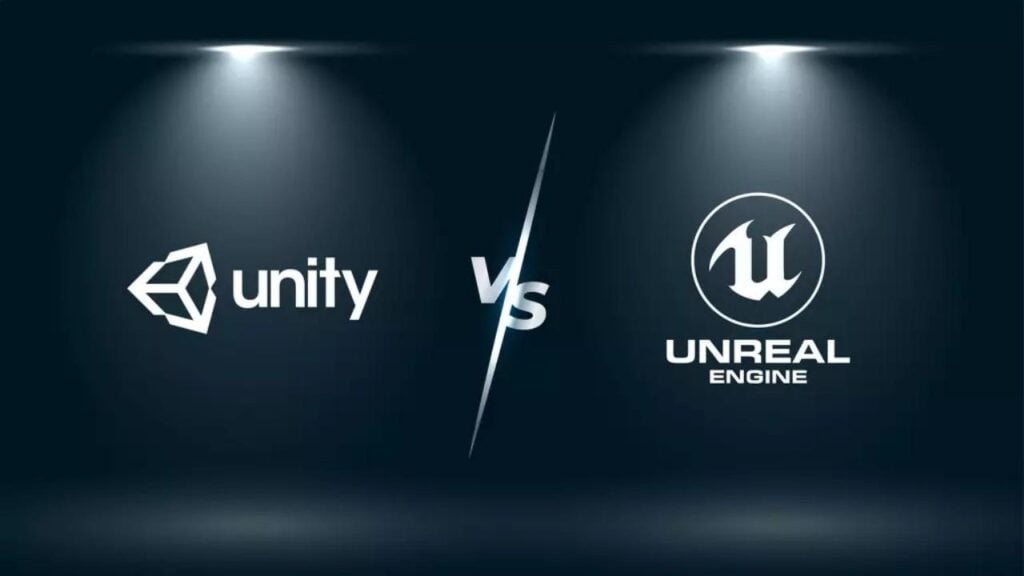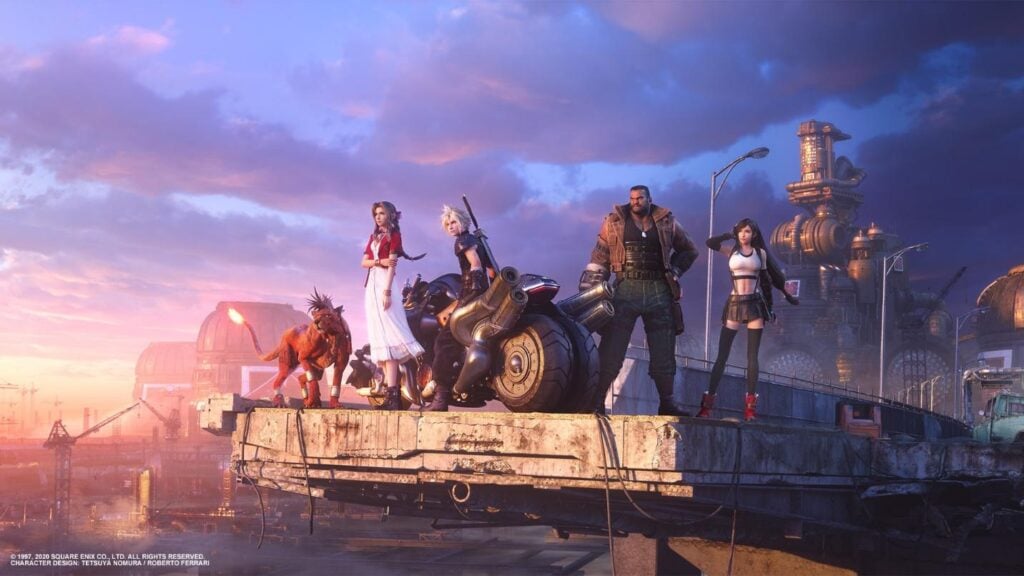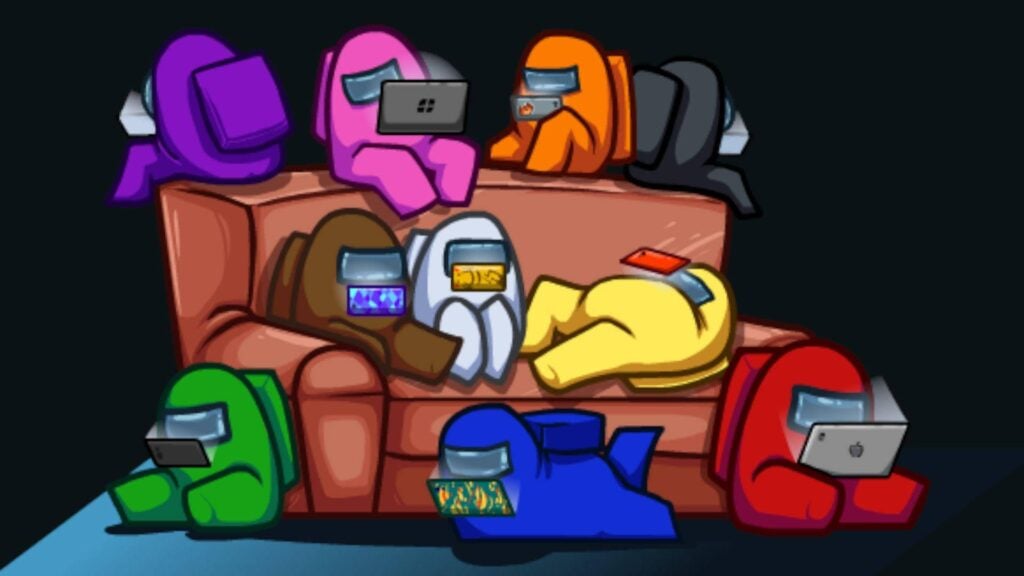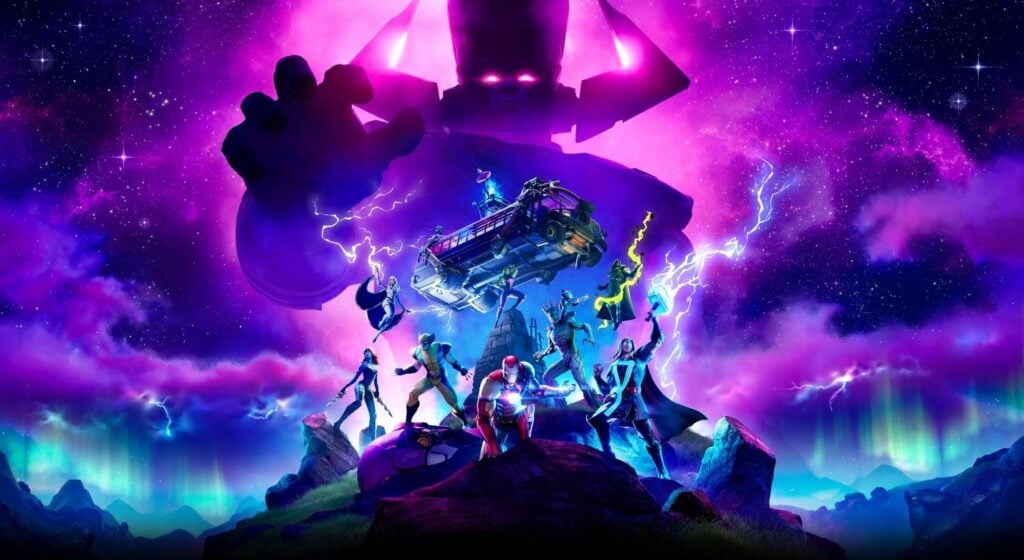Have you ever found yourself lost in the rain-soaked city of Cyberpunk 2077 or building pixel-perfect farms in Stardew Valley and wondered, “How do these virtual worlds come to life?” We definitely have. Beneath those jaw-dropping graphics and smooth gameplay lies a hidden framework that makes it all possible: the game engine. Even for lifelong gamers, understanding game engines can feel like opening the backstage door to a favorite show. Let’s explore the important question, “What are game engines?”

What Are Game Engines
Let’s crack it open together. A game engine is the secret tool every developer relies on. It bundles everything, from rendering those sparkling water effects, simulating wind in the trees, to giving characters their voices and movement, into one accessible package. If we picture making a game like baking a cake, then the game engine is the kitchen stocked with every appliance you’d ever need. Developers choose engines to speed up creation, allow for quick tweaks, and ensure their games can run on everything from high-end PCs to tiny phones.
It’s wild to think how much a single framework decides whether we get photo-realistic adventure or charming 2D puzzlers.

Why Game Engines Matter to Gamers and Developers
For us as gamers, the engine shapes everything. The breathtaking visuals in Final Fantasy VII Remake? That’s Unreal at work. The cross-platform magic in Among Us? Unity claims the credit. For developers, using a good engine saves months, or even years, of work, offers tons of free assets, and lets them port to consoles, PC, or mobile with just a few clicks.
Games we all love wouldn’t exist, or would take decades to build, without these engines humming quietly in the background.

Unreal Engine: AAA Power and Photorealism
Now that we can give a general answer to the question “What are game engines?” let’s talk about an important game engine, namely, Unreal Engine. Sometimes, we all crave those “wow” moments. Unreal Engine, crafted by Epic Games, is what fuels many of the most visually stunning games around. Its selling points are obvious when you see Fortnite, Gears of War, or Final Fantasy VII Remake burst to life. Unreal Blueprints system, letting folks script without heavy programming, and a massive marketplace, make it a favorite for ambitious teams.
The tech even sneaks into movies and architecture; seriously, it’s everywhere.
Big set pieces and movie-like moments? That’s Unreal writing the script.

Unity: Accessible, Flexible, and Indie-Friendly
On the flip side, Unity is the engine behind playful hits and indie marvels. Studios big and small love it because it runs almost anywhere and isn’t too intimidating for newcomers. Cuphead dazzled us with hand-drawn quirkiness, while Monument Valley calmed our minds with serene puzzles; all built with Unity’s easygoing, flexible tools.
Its asset store feels like a treasure chest, letting us test wild ideas fast or learn by tinkering.
For every basement indie team dreaming big, Unity is usually their starting line.

Other Leading Game Engines (Godot, CryEngine, More)
As you have noticed, in order to be able to answer the question “what are game engines?” it is important to be familiar with important game engines. Of course, Unity and Unreal aren’t the only powerhouses in town! We’ve seen Godot bloom with its open-source, free-to-use toolset; perfect for hobbyists and innovators unafraid of learning curves. On the cutting edge, CryEngine made Crysis so beautiful (“But can it run Crysis?” became a meme for a reason!). Other players, like Amazon Lumberyard and proprietary engines (RE Engine for Resident Evil, Frostbite for the Battlefield series), show the wild variety under the hood.
It’s almost dizzying, but thrilling, to realize how many choices are out there.

How Developers Choose a Game Engine
Picking an engine isn’t one-size-fits-all. Small teams focus on ease and price, so they gravitate toward Unity or Godot. AAA studios seek out Unreal’s power, or even build custom tools for unique visions. We’ve chatted with indie devs who weigh everything: team size, target platforms, how much help they need, what “look” they’re after, and even the size of the community for support.
It’s a lot like picking the perfect skateboard; you want the right fit for your tricks and style.
Every legendary game begins with this crucial behind-the-scenes decision.

Game Engines and the Future of Gaming
Looking ahead, engines are only growing more powerful. We’ll see mind-blowing graphics, dazzling VR worlds, worlds built in the cloud, and even tools that let anyone, with or without coding, bring ideas to life. Unreal’s MetaHuman lets us create lifelike humans. Unity is diving into AR and machine learning.
Even outside gaming, Hollywood and medicine now use these engines for real-time simulation.
It’s an exhilarating time, and we can’t wait to see what you build.
Closing Up: The Power Behind Your Favorite Games
Now, when we’re wowed by rich worlds or quirky indie escapes, we know there’s a battle-tested engine working behind every frame. Whether you dream of building a game or simply want to appreciate the tech powering your favorite adventures, diving into the question “What are game engines?” is where the magic starts. If you’ve ever toyed with game creation, we’d love to hear about your wildest ideas, or maybe the engine driving your favorite game! Let’s celebrate the unsung heroes behind the joysticks and pixels.
Learn about the inside out of video games world and industry via Gamerative.
FAQs: Game Engines Simplified
1. Can I make a game with no programming experience?
Yes! Many engines, like Unreal’s Blueprints or visual scripting in Godot, allow game creation without writing traditional code.
2. Are game engines completely free to use?
Some, like Godot, are totally free. Unity and Unreal offer free tiers, but may charge royalties or fees depending on project size or revenue.
3. Which engine is best for a total beginner?
Unity is a favorite for first-timers thanks to its gentle learning curve and mountains of tutorials. Godot is also beginner-friendly and open source.
4. Do games often switch engines mid-development?
Rarely! Changing engines mid-project is like rebuilding a house brick by brick; it’s possible but extremely challenging.




